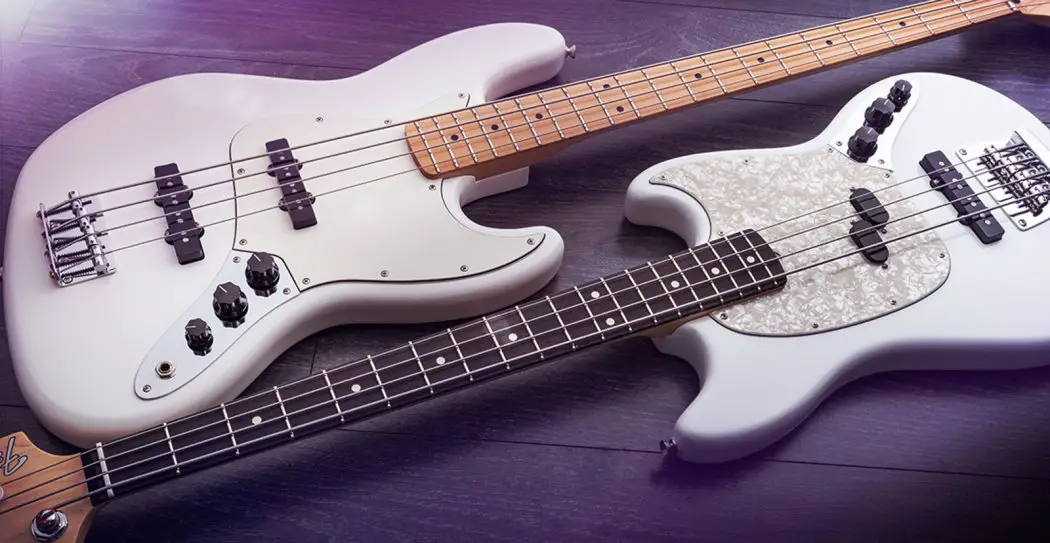The Best Pop Bassists Of All Time Ranked
Popular music is music with wide appeal that is typically distributed to large audiences through the music industry. These forms and styles can be enjoyed and performed by people with little or no musical training. It stands in contrast to both art music and traditional or “folk” music. Art music was historically disseminated through the performances of written music, although since the beginning of the recording industry, it is also disseminated through recordings. Traditional music forms such as early blues songs or hymns were passed along orally, or to smaller, local audiences. In the 2000s, with songs and pieces available as digital sound files, it has become easier for music to spread from one country or region to another. Some popular music forms have become global, while others have a wide appeal within the culture of their origin. Through the mixture of musical genres, new popular music forms are created to reflect the ideals of a global culture. The examples of Africa, Indonesia, and the Middle East show how Western pop music styles can blend with local musical traditions to create new hybrid styles. Here are all of the Best Pop Bassists of all time ranked.
See more: The Best Grunge Bassists Of All Time Ranked
See more: The Best Grunge Guitarists Of All Time Ranked
20. Suzi Quatro

“The wild one herself, Quatro was hugely important as a female role model in bass playing and has served up her fair share of tasty runs and octave work over a 50-year-plus career. Great performer. Gutsey vocals, great basslines. She was different and special.”
19. James Jamerson

“The most influential electric bass player of all time, and the man who revolutionized the role of the bass guitar in pop should, by rights, be a hell of a lot further up this rundown. His melodic, syncopated basslines are peerless in the canon of recorded popular music.”
18. Tony Levin
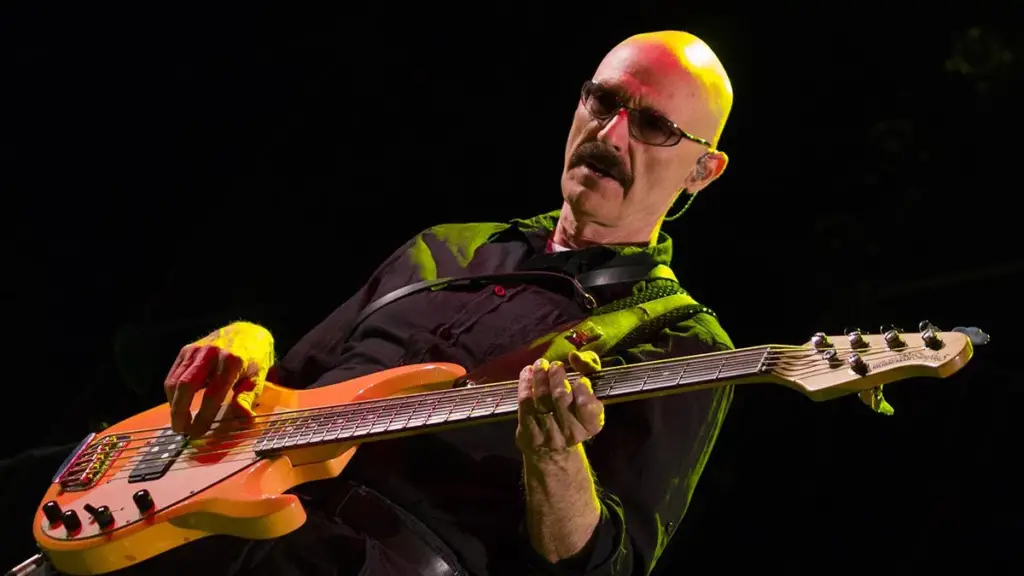
“A prominent session musician since the 1970s, Tony Levin has appeared on over 500 albums, among them releases by John Lennon, Cher, Lou Reed, Tom Waits and Dire Straits. He’s also served a long stint in Peter Gabriel’s band, using the opportunity to develop his Chapman Stick technique, and remains one of the instrument’s leading names.”
17. Victor Wooten
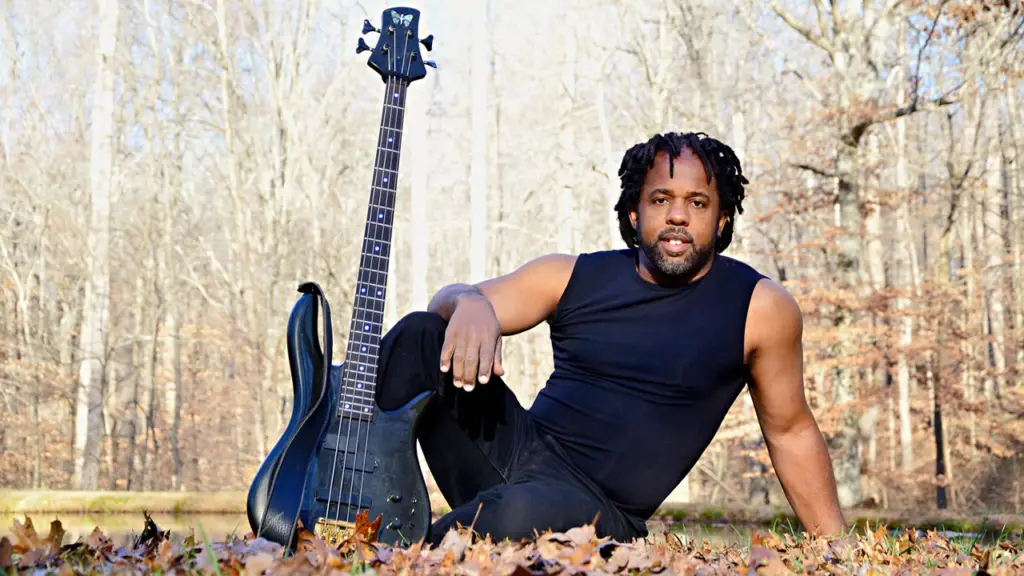
“I think that Wooten is one of the most skilled bassists to ever live, and probably one of the most important. But I also have the sense to realize that he makes some strange musical choices. His arrangement of Amazing Grace is usually fantastic.”
16. Flea
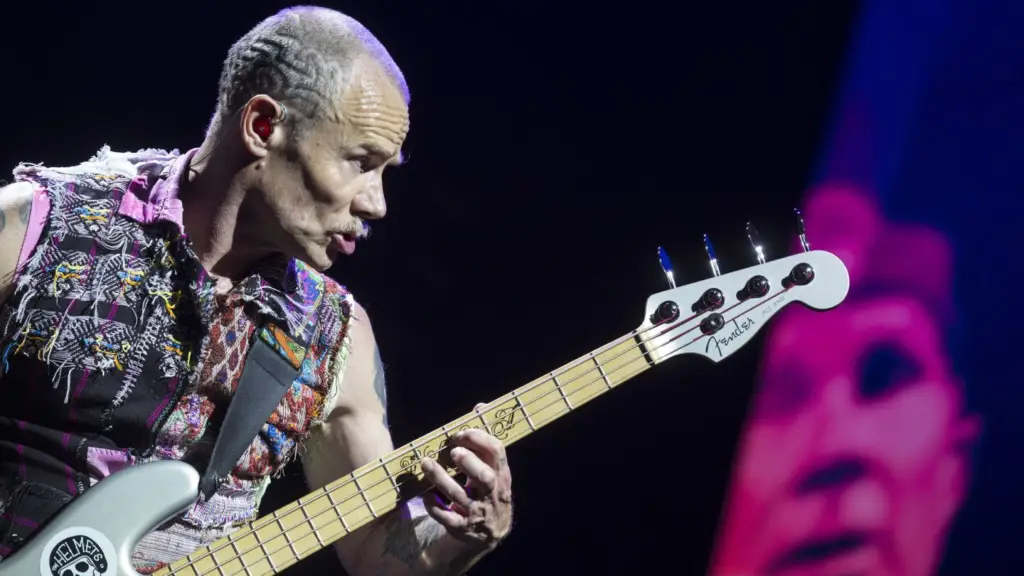
“Michael Peter Balzary, better known as Flea, has proven over time with the Red Hot Chili Peppers that whether it’s funked-out slap or melodic minimalism that’s required, he can nail it with precision and style. Plus, with the launch of his Fleabass venture(opens in new tab), Mr Balzary has sought to spread the love, providing aspiring bass superstars with high-quality instruments at reasonable prices.”
15. Mick Karn

“
Having an instrument stolen is one of the more devastating things that can happen to a musician, unless you’re Mick Karn. When he had his bassoon nicked as a young man, he bought a bass guitar for £5 and went on to form Japan with David Sylvian. Despite being self-taught, or perhaps because of it, he quickly developed a distinctive style, particularly with his fretless bass work.”
14. Marcus Miller
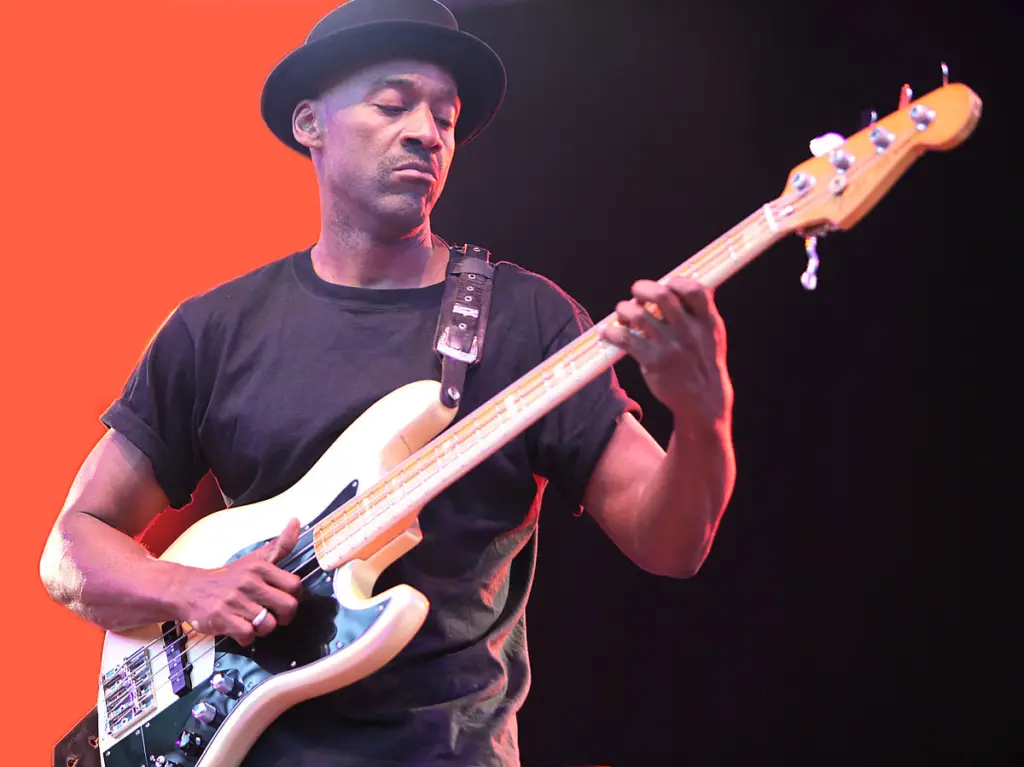
“Anyone who can stick Miles Davis, Herbie Hancock and Luther Vandross on their CV clearly has some serious chops, but Marcus Miller’s talents go above and beyond mere name-checking. Famed for his love of Fender Jazz basses, Mr Miller has had a considerable solo career, as well as sidelines in production and film score composition.”
13. John Paul Jones
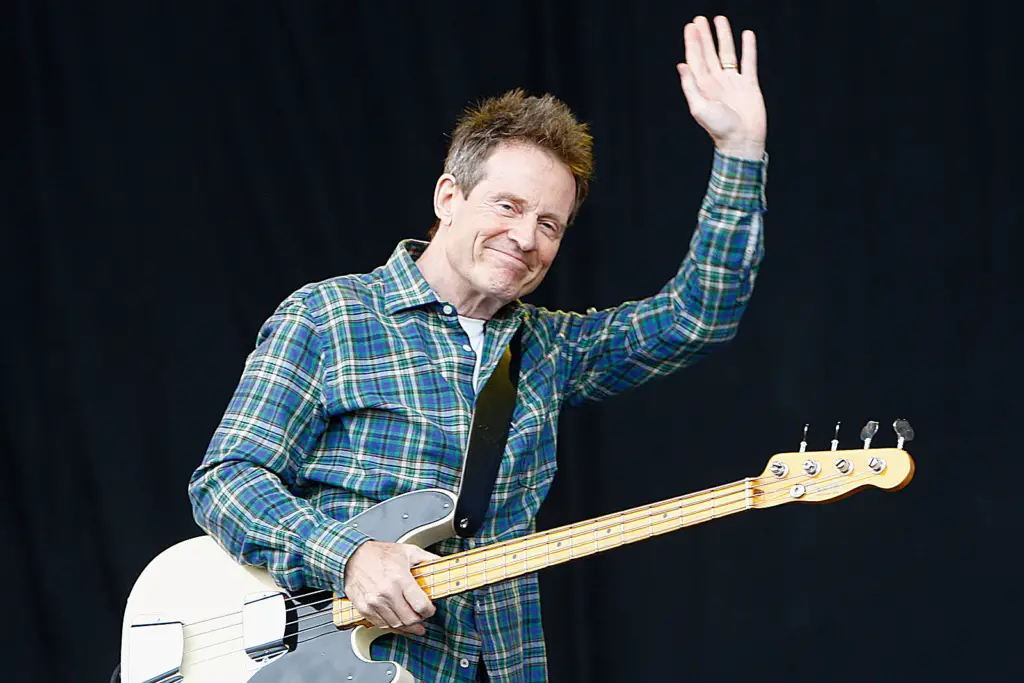
“There is no questions that he is probably the most underrated bassist in history. He is the rock of Led Zep. His orchestrations are extremely complicated and advanced musically. He was always on and was a rock that allowed page to go off on tangents when he pulled a long jam. Without Jonesy there would be no Page or Plant.”
12. Cliff Burton

“Burton’s unique lead bass playing is a highlight on the incredible eight-minute instrumental Orion from that album, but his influence can be felt all over Metallica’s first three genre-defining LPs. The Call of Ktulu is a one of a kind song. Nobody can play it like Cliff played it and it’s a very unique bassline.”
11. Paul McCartney
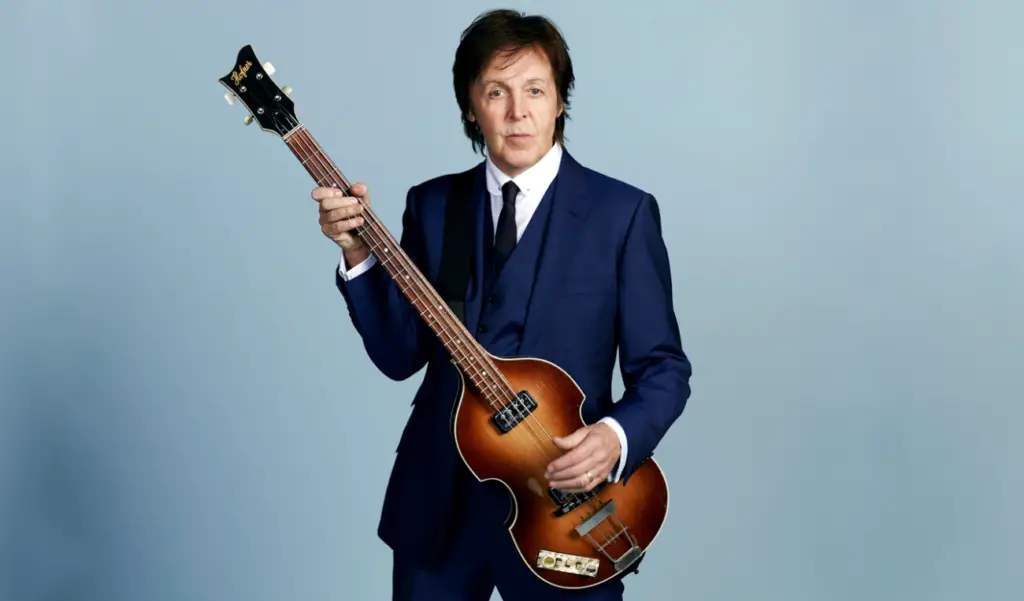
“At his creative peak just a few short years later, Macca was not only writing some of the greatest songs in history, but influenced by the likes of James Jamerson, he was also contributing wonderfully imaginative basslines to the most important catalogue of recordings ever committed to tape.”
10. Les Claypool
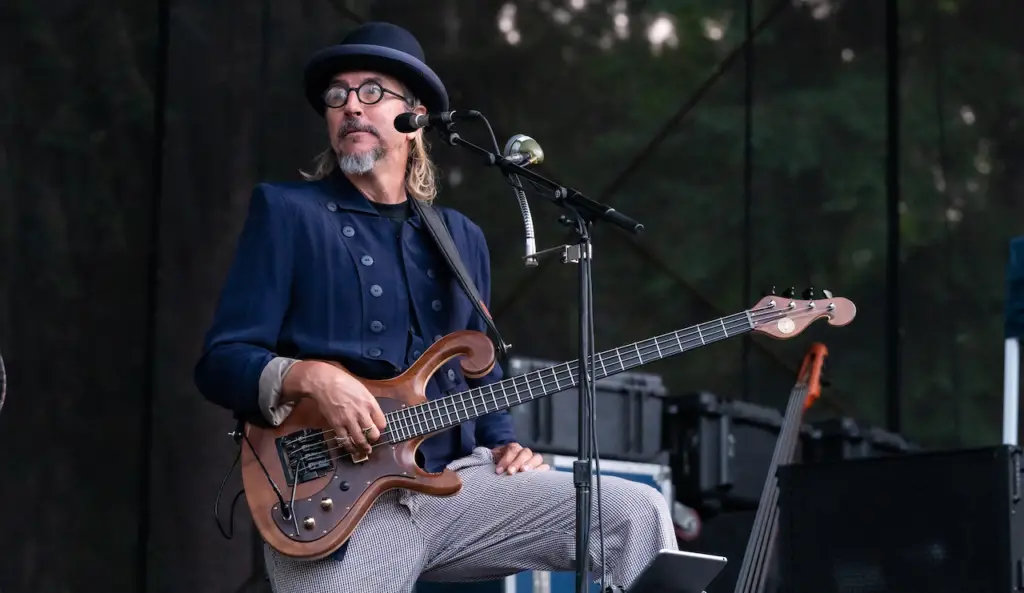
“Primus were one of the most left-field acts to break into the American rock mainstream in the 1990s. At the heart of their marvellously skewed sound is Les Claypool’s dirty, intricate bass that he slaps, taps, tingles and mangles like nobody else.”
9. Billy Sheehan
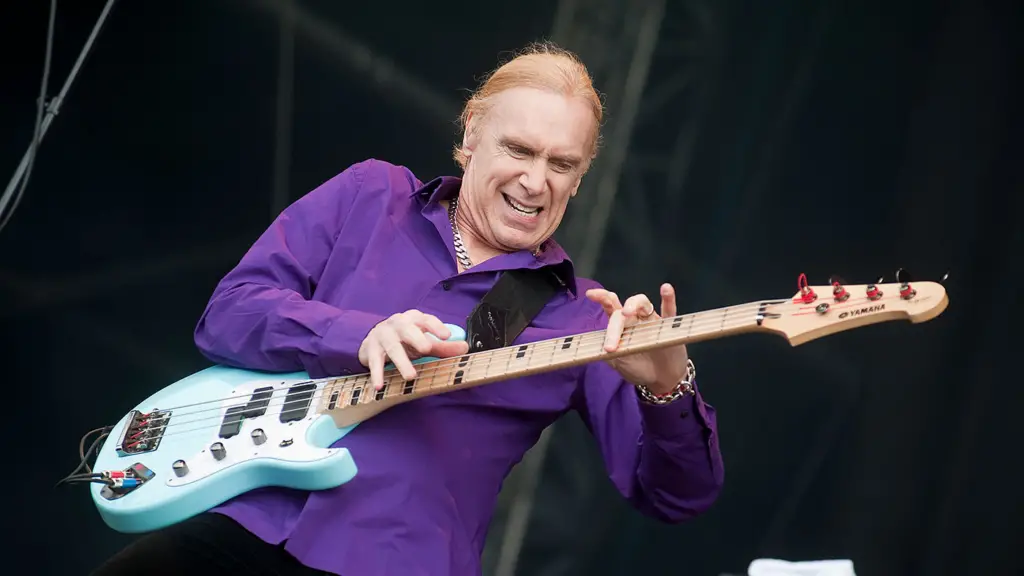
“Billy was so underrated bass player. People should appreciate how clean he played the bass. A lot bass player can play fast but not as clean as Billy does. Brilliant player with heroic dedication on bass that makes him can match with monster guitarists.”
8. Chris Squire
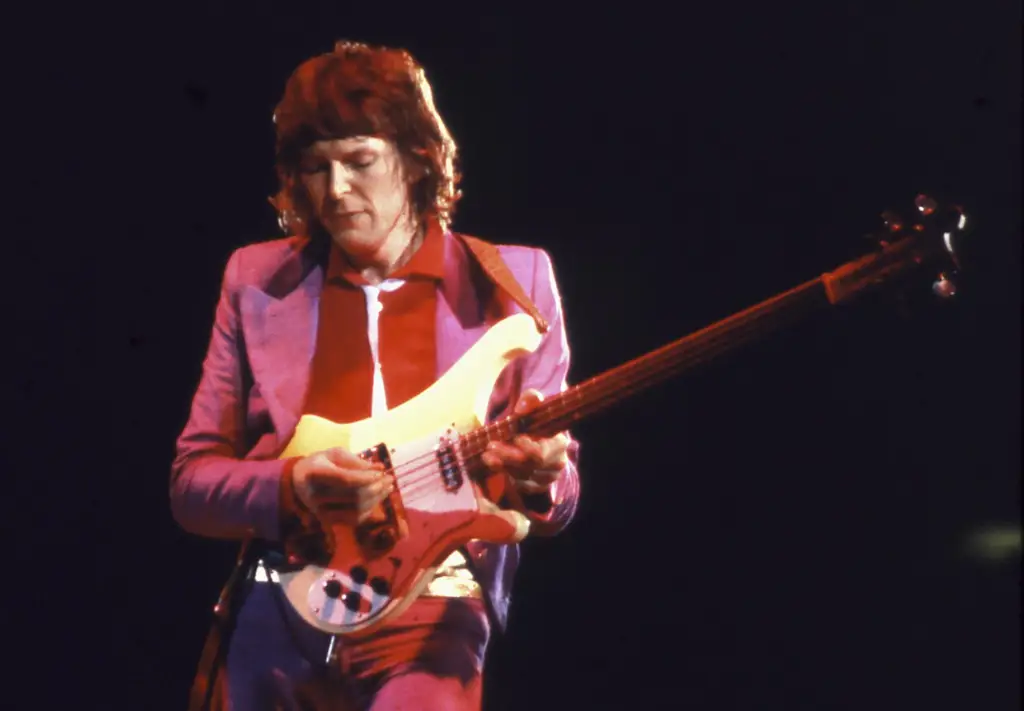
“Chris Squire is the only musician to be a part of every YES album. He was far most instrumental to the sound of YES than most people realize. A humble man as well. His explanation of how he plays and his technique he uses to create his unique sound just leaves me in awe.”
7. Jack Bruce

“His songwriting capabilities are among the very best. Not to forget that he was probably the most innovative bassist and my favorite vocalist. No one has come close to having these terrific qualities! A true one-off, that can never be replicated.”
6. Steve Harris

“Steve Harris is a musical genius. An incredible player and composer. 100 years from now, people will enjoy Steve Harris and Iron Maiden. He doesn’t hide his bass playing in music like others. You can actually hear him play..”
5. JJ Burnel
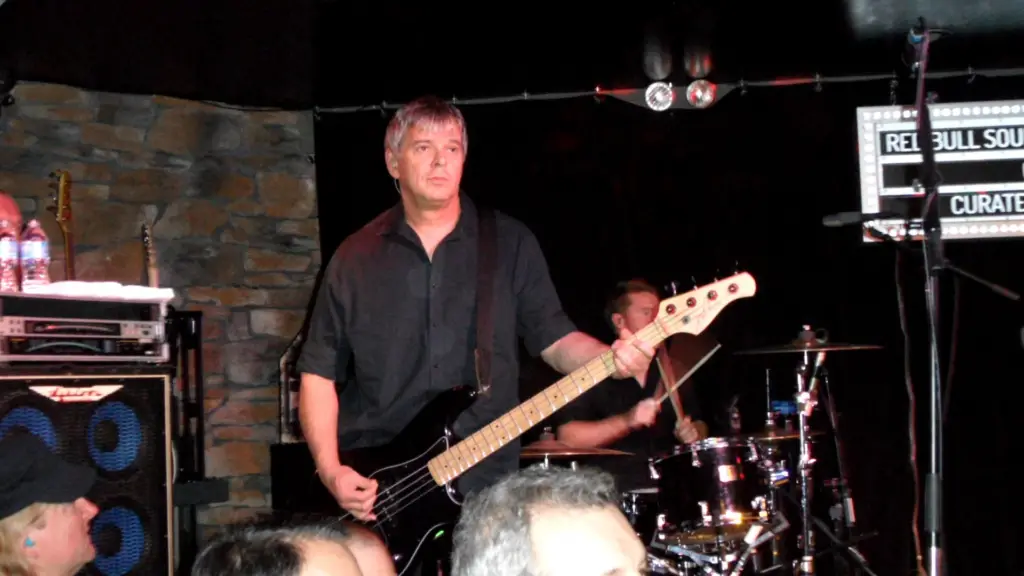
“Perhaps only rivalled by The Jam’s Bruce Foxton as the new wave bass hero, The Strangler’s JJ Burnell’s chunky intro to Peaches is one of the most easily identifiable basslines of the era. A similar tone can be heard on No More Heroes, achieved by using a pick and playing close to the bridge.”
4. Simon Gallup

“The man behind some of the finest post-punk basslines ever committed to record, Simon Gallup joined The Cure in 1979 and recorded The Dark Trilogy of albums (Seventeen Seconds, Faith and Pornography) before getting into a fist fight with Robert Smith and leaving the band for two years in 1982. Since his return in 1984 they’ve been firm friends, something probably aided by his amazing lines on the likes of A Forest and Close To Me.”
3. John Entwistle

“He was definitely instrumental in pushing the bass to the forefront and putting it on equal footing with the guitars, drums and vocals. I can see how he was the inspiration for modern-day bass shredders like Billy Sheehan, Stu Hamm, Randy Coven, Joey DeMaio, and countless others.”
2. Jaco Pastorius

“He had absolutely every tool in the book – technique, improvisation, musicianship, composing, arranging, and band leader, all at genius level. Such a tragic shame his life was ended early, I would have loved to hear where his unerring musical ear would have taken us.”
1. Geddy Lee
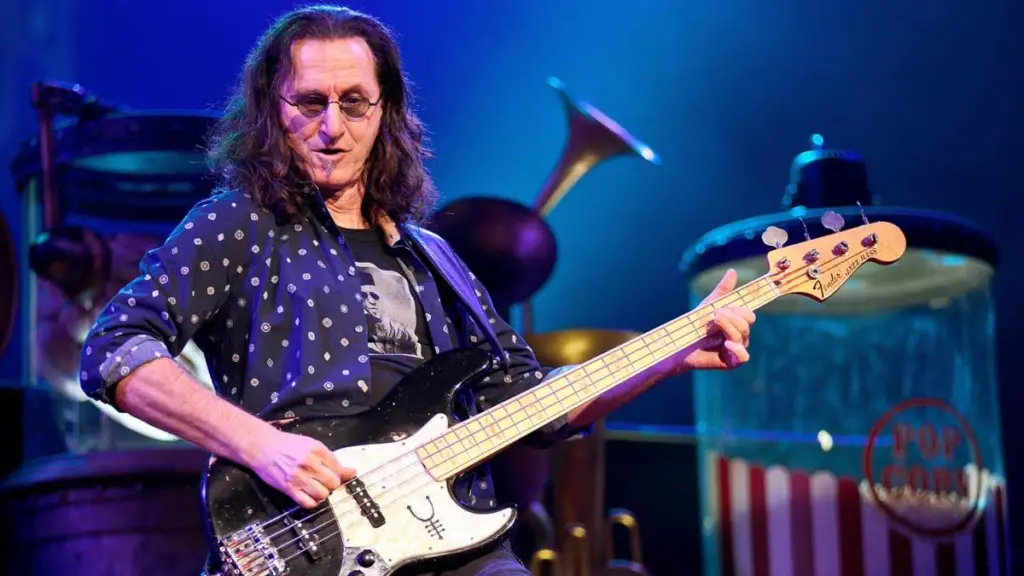
“The Rush man has inspired thousands to pick up the bass guitar, and many of the other bassists in this rundown cite him as an influence. A leading frontman, songwriter and a remarkable bass talent, it’s no surprise he remains perennially popular with you guys. Given the news that Canada’s premier prog exports have now retired from touring lends this result real poignancy. A worthy winner.”

